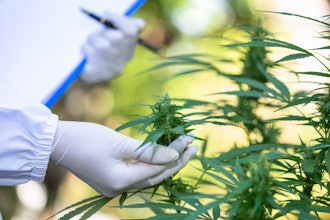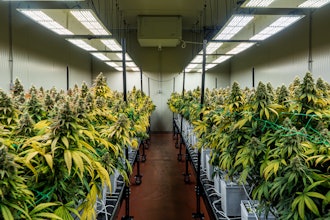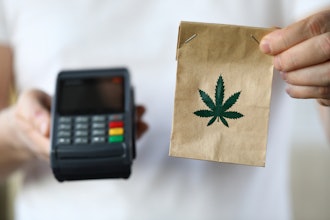
Marijuana rules as directed by the General Assembly’s 2022 legislative session go into effect today, December 1, 2022 for all regulated marijuana businesses across Colorado. New rules of note include the ability for licensees to redesignate medical marijuana as retail marijuana, required use-by dates and storage conditions for all regulated marijuana products and extended suitability for social equity licensees. Final rules were adopted by the State Licensing Authority on October 11, 2022 after a summer and fall of extensive stakeholder engagement led by the Marijuana Enforcement Division (MED).
“As in previous years, the MED tackled significant topics during this year’s rulemaking session. While much of the MED's rulemaking is legislatively driven, we appreciate how the MED’s rulemaking design provides opportunities to hear from and collaborate with our diverse set of stakeholders,” said Dominique Mendiola, MED Senior Director. “The significant contributions of our team and members of the public have been critical to informing both regulatory updates and improvements to existing rules and processes.”
Highlights of notable key rules that go into effect on December 1 include:
As a result of HB22-1222: Marijuana Responsible Vendor Designations: A responsible vendor designation lives with both the individual and the business that seek to maintain the designation. If an employee changes employment, the responsible vendor designation will follow the employee to the new business.
As a result of SB22-178: Licensees Ability To Change Marijuana Designation: Effective January 1, 2023, a medical marijuana cultivation facility may transfer medical marijuana to a retail marijuana cultivation facility or accelerator cultivator in order to change the marijuana’s designation from medical marijuana to retail marijuana. This is a follow-up to last year’s HB21-1216 and rules, which allowed a business to change the designation of retail marijuana to medical marijuana in certain circumstances.
As a result of HB22-1135: Marijuana Transporter License Transfers: Regulated marijuana transporter licensees may now take advantage of the change of ownership process that allows a business’s owner(s) to transfer the license to new or additional owners.
Social Equity Program Updates: Finding of Suitability for Social Equity Licensees has now been extended to be valid for two years (previously suitability was valid for one year).
Use-By Dates and Storage Conditions: Beginning January 1, 2024, all regulated marijuana products must be labeled with a use-by date and storage conditions prior to sale to a patient or consumer. Licensees are encouraged to conduct shelf-stability testing to establish appropriate use-by dates for products, however, if a Licensee chooses not to conduct testing, a 9-month use-by date will apply. Regulated Marijuana Stores are permitted to sell products after the use-by date only if the Licensee informs the patient or consumer that they are purchasing a product after its use-by date. The requirement for a use-by date already existed for marijuana products intended for oral consumption (e.g. edible products), and now also applies to products intended for inhalation (e.g. pre-rolled joints or loose flower/bud).
Executive Order D2022-034 Protecting Colorado’s Workforce and Expanding Licensing Opportunities: In response to Executive Order D2022-034, the rules were amended to provide that when the MED evaluates an applicant’s good moral character during the license application process, the MED will not consider arrests or convictions for activities in other states that are legal in Colorado.
Internal Security Controls: In response to recent trends demonstrating an increase in burglaries and attempted burglaries at licensed marijuana businesses, the amended rules require licensees to maintain internal security controls, including a security plan to assist Licensees in preparing for and mitigating burglaries and other attempted crimes at licensed marijuana businesses.
Protecting worker safety: Amended rules also include increased worker safety protections such as requirements for employees to wear gloves, goggles and respirators when conducting certain manufacturing processes.






















